Men vs Women in Basketball Female Athletes Want NBA Players To Stop Gambling To Donate For WNBA Pay
5
0
37 Views
Published on 14 May 2023 / In
Entertainment
How to Spot: #Analysis #Reaction #React
How are things looking out there in your area of the world going forward?
Breakdown
Emily Ratajkowski Mia Khalifa Khalifah
Show more
0



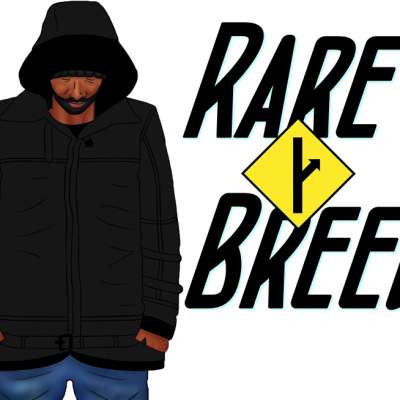 TheRareBreedTheory
TheRareBreedTheory
 AustriaD
AustriaD
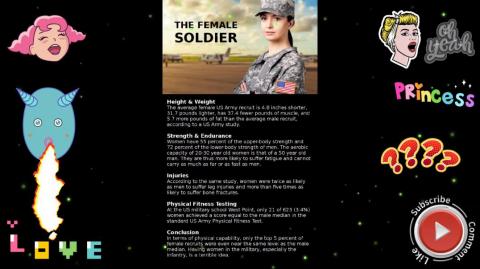
 Gonzo Og
Gonzo Og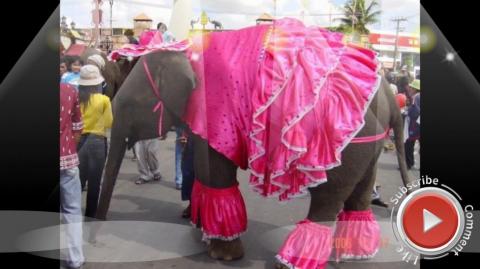


 Sandman
Sandman
 Freshfit
Freshfit
 NerokeFive
NerokeFive
 The David Knight Show
The David Knight Show

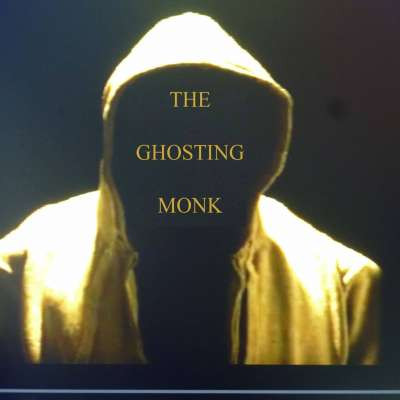 mrghoster
mrghoster

 coachgregdams
coachgregdams
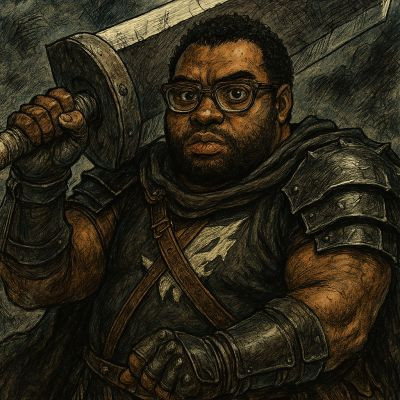 RedKnight
RedKnight






Log in to comment
Women = Classic Example of Wanting SOMETHING for NOTHING.
It's a funny thing that despite all of our "modernness" men were taking notes about women and their bullshit from the year dot. I mean why consult a psychiatrist - the "Major Epic" called Gilgamesh, oldest known story in the world, talks about the vindictive, petty and spiteful nature of women... I posted it here for all to read / listen too. "The Epic of Gilgamesh Full Book" https://www.mgtow.tv/v/PnPqXL